In This Month’s Newsletter
Michael Staufenbiel (1949-2021)
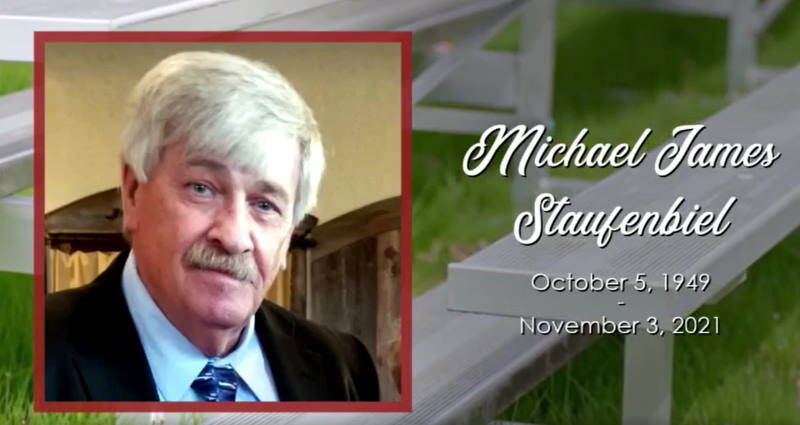
We’re sad to report that, since our last newsletter, Michael (Stauf44) Staufenbiel lost his battle against prostate cancer.
Thank you to everyone who contributed to our fundraiser.
Dayne discussed a number of leagues with Michael that they hoped to run together. Dayne will be taking those ideas and setting up a memorial league to Michael soon.
And please, heed Michael’s plea and get tested.
New Podcast: Turnbuckle Brothers Talk Diamond Mind
Catch up with Wolfson, DVD, Ensor, Holtzclaw, Huett, and Mutzu on Episode 6 of Kings Roundtable.
Sound familiar? “I paid $10M for this guy and he’s only hitting 160!” Charles Wolfson shares his most common and most unique comments/questions he’s ever received and Tyler Ensor explains why some games don’t seem to make sense.
The guys also ask Charles how he keeps from having an unfair advantage over other Diamond Mind players and what tools he uses to make decisions for his own teams.
Matt Huett shares a lesson Steve Mutzu taught him when he first started playing Diamond Mind Online about the importance of matchups and Charles asks the group what 1 player they keep using even though they may not perform the way they expect.
To wrap things up, Charles shares what’s coming up for Diamond Mind and describes the new Head-2-Head app that will allow users to play Diamond Mind Live on their phones!
All this and more on episode 6 of Kings Roundtable – Watch now!
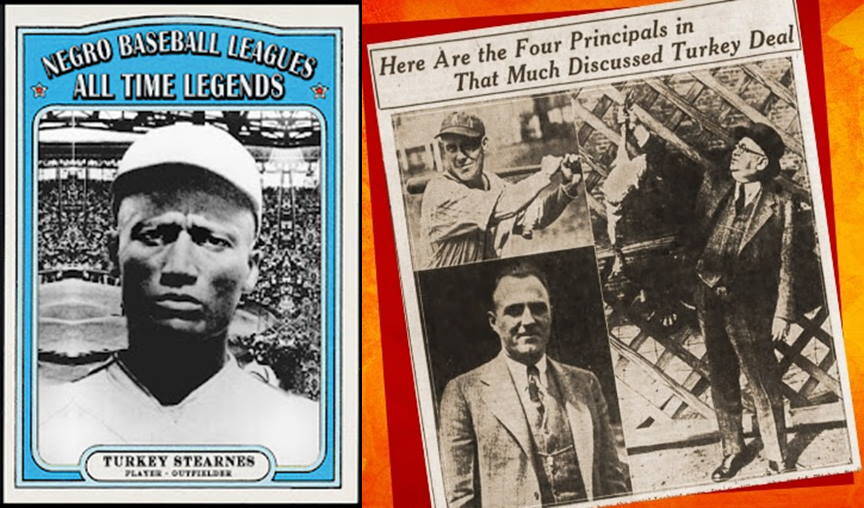 Turkey Day
Turkey Day
Thanksgiving is coming, and what is more closely associated with the holiday than the turkey?
A search of “turkey” on Baseball Reference returns five Major League players in all.
Hall of Famer Norman (Turkey) Stearnes is undoubtedly the standout of this group. But the colorful Mike (Turkey) Donlin also was an outstanding player (when alcohol didn’t have the upper hand).
A Virginian, Frank Brower was nicknamed Tuckey as a child, but “Tuckey” spoken with a Southern drawl was picked up as “Turkey” by a Washington sportswriter, when Brower began his major league career with the Senators. And later, in Cleveland, this was lengthened to “Turkeyfoot” (whether because he was fast, or because of some physical defect, is not clear.)
The last “turkey” to play major league baseball was Cecil Washington Tyson, whose playing name was Turkey Tyson and whose nickname actually was Slim (not Turkey). Tyson hit .309 over 15 minor league seasons, but his major league career consisted of just one pinch hitting appearance for the Phillies on April 23, 1944.
What undoubtedly is the best baseball-related turkey story occurred in 1931. Joe Engel, who ran the Chattanooga Lookouts, had a Veeck-esque flair for the unusual. Engel decided his shortstop, Johnny Jones, wasn’t up to the job, and traded him to the Charlotte Hornets for … a 25-pound turkey.
Black Friday Promotions
- 10% off purchases made between Thanksgiving and Cyber Monday
- Bring Someone Back: Get past players to come back and you both get a free credit when they make a purchase
Enjoy your Thanksgiving! Whether or not there is a turkey involved, let’s all take a moment to give thanks for all that is good in our lives.
Classic Salary Change Coming
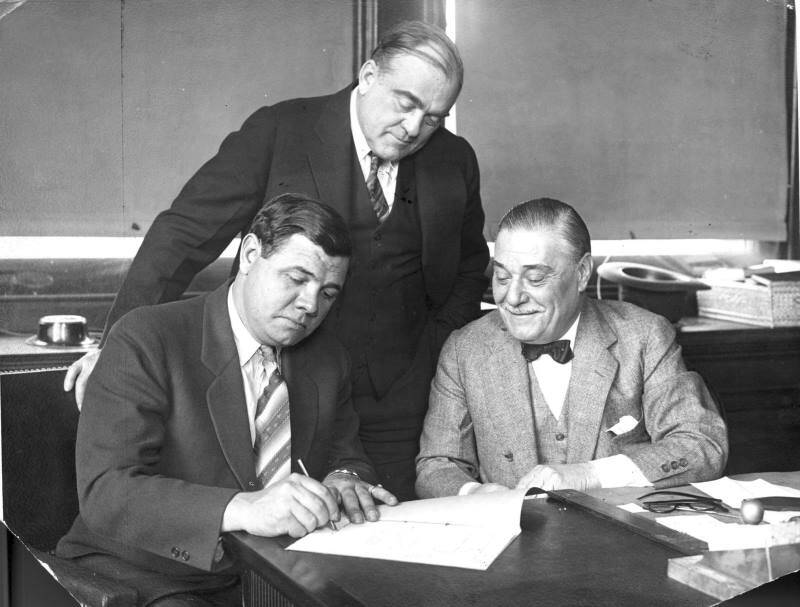
On or about Sunday, November 21, we’ll be updating Classic (career-rated) player salaries. So you’ll be able to spend those holiday weekend hours (between turkey and football) searching out the next batch of bargains, and lamenting the salary hikes whacked on to your current favorites.
Register Now for Season 49 of the Ladder Leagues Standard Association
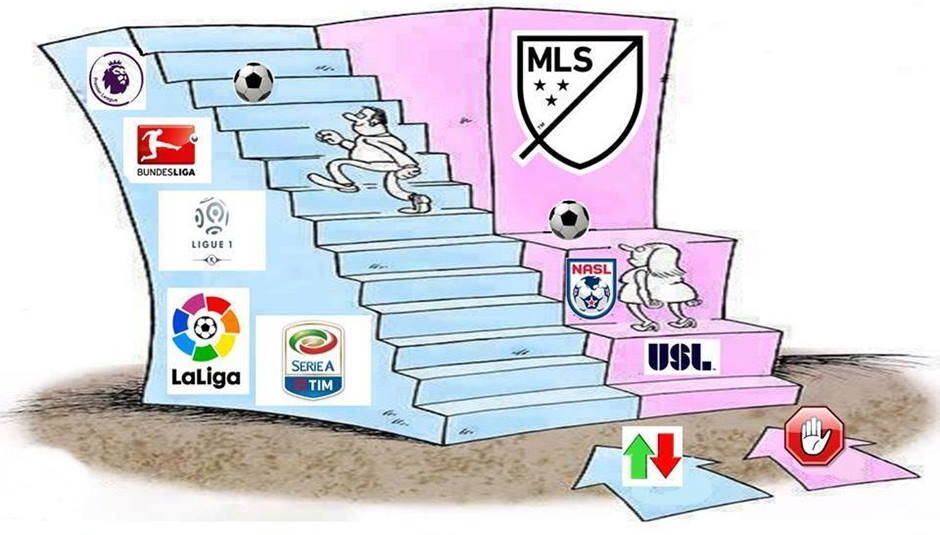
Registration is now open for Season 49 of the Ladder Leagues Standard Association.
For those unfamiliar with them, the Ladder Leagues operate similarly to European soccer. The Standard Association presently is comprised of 5 ranked leagues. At the end of each Ladder Leagues season, the top teams from each league are promoted to higher leagues and the bottom teams are relegated to lower leagues. The promotion and relegation system in the Ladder Leagues ensures competitive leagues with similarly skilled owners.
The Standard Association leagues are autodraft leagues utilizing the “classic” player pool. There is a second classic player pool Ladder Leagues association – the Random 600 Association – which runs on its own schedule and consists of manual draft leagues using limited pools of 600 players.
The rules for the Standard Association are identical to classic standard leagues with DH on and DH off in alternate seasons. For Season 49, the DH is on.
The new Classic salaries will be in effect in all SA49 leagues.
You can register here if you’d like to play in the upcoming Ladder Leagues SA49 season.
No-No? Yes, Yes!
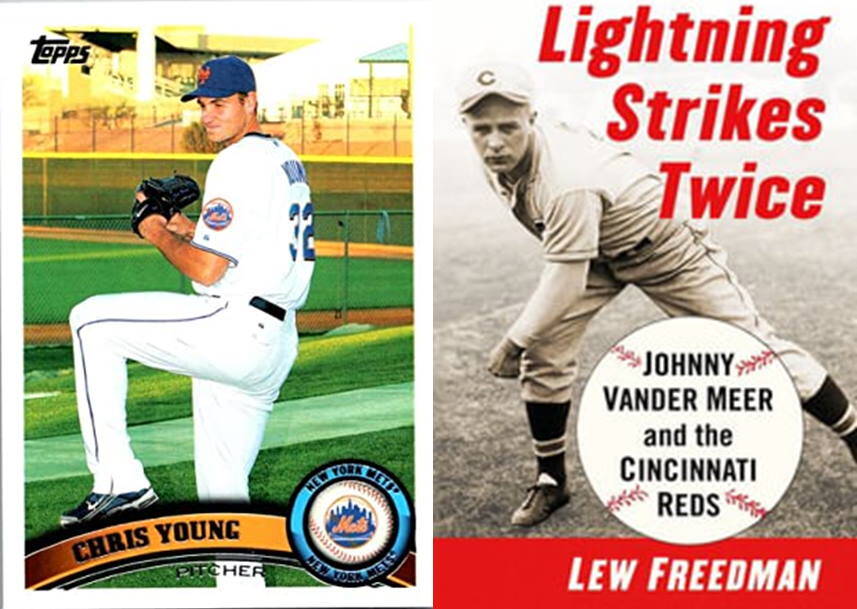
Only one pitcher in Major League history has tossed no hitters in consecutive games. On June 11, 1938, Cincinnati Reds pitcher Johnny Vander Meer no hit the Boston Braves. Four days later, on June 15, 1938, he repeated the feat against the Brooklyn Dodgers.
Chris Young matched Vander Meer’s feat for Steve Strausler’s Wrigley Field Cuileanan Mathan team in the 24 Team Progression – 2011 league. Young no hit the king of limbs team in his first start of the season, then followed that up by no hitting the Barksdale Bells 11. In his third start, Young added one more hitless inning against the Shendo Growlers –’11 before Ryan Doumit finally broke the string with a single, but he lasted seven innings, allowing just one run, and was credited with the win.
And … that was all she wrote! The soft-tossing 6’ 10” Young threw just 24 innings for the Mets in 2011, and so, having tossed 25 innings for the Mathan (Mathans?), was a PTL (playing time limitation) casualty … after posting a 3-0 0.36 record!
The Tipping Point
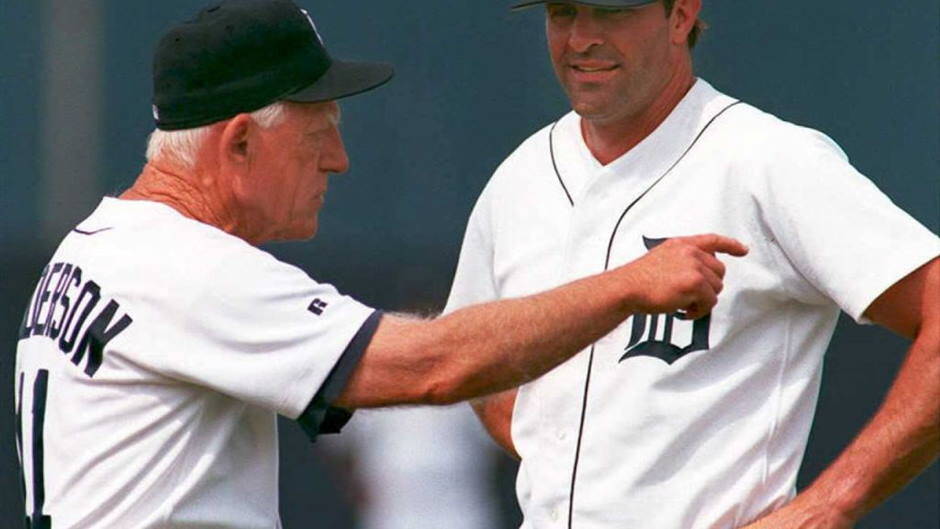
Each month we’ll offer a few tips in this space that may come in handy for the beginner as well as the experienced team owner.
Week 7 has concluded, the final income payment of the season has been made, and the push to make the playoffs is on. You’ve planned your final roster moves, and with that final income payment in the bank, you’re ready to make your move(s), with just a few bucks to spare.
If this were a Classic (career-rated) league, and, after your final moves, you had just a hundred-odd thousand left in the bank, you’d probably be patting yourself on the back for your judicious planning. But this is SSG, and those few thousand bucks could well represent a missed opportunity if left untouched.
If you can project that you may run short of PA at a particular position or IP in your bullpen or rotation, instead of signing your final upgrade(s) immediately, you can sign a hitter and/or pitcher to provide a short, sharp burst of PA or IP first, then move on to your final upgrade(s). You will need to calculate how many PA or IP your stop gap player(s) can provide before their remaining release value drops below what you will need to sign your final upgrade(s) … and you need to make sure you don’t let them fall below that amount before moving on!
Here are a couple of other (rather obscure) tips for managing upgrades in SSG:
Unlike in Classic, where there is a set percentage “haircut” deducted from a player’s salary when you release them, in SSG a player’s release value is based on how much the player has been used. A player who has remained inactive all season will return 100% of his salary when released.
Say you’ve got a player X whose PTL is exhausted, or nearly so, whom you are going to replace, so he has little or no release value remaining. And you have a player Y on your inactive list who has never been used. Why borrow money, or relinquish future interest on money in your account, to sign the replacement for player X, when you have that unused value available? Deactivate player X and release player Y to sign X’s replacement. Should you end up needing player Y, you can always re-sign him; in the meantime, it’s cost you nothing to release him.
If a player has been released in SSG, if he is signed by another team, they must pay his full salary, but only get whatever PA or IP he had remaining at the time of his release. Nevertheless, there can be times where it makes sense, in order to be able to afford to sign a player, to release a player on your roster, and then to re-sign him yourself. Here is the scenario where this can make sense:
You are in an accelerated (9 games per day) or turbo (18 games per day) league, so there are no loans permitted. To afford to sign player X now, rather than waiting another week, player Y’s release value would get you there, but you have a limited pool of players to draw on, and you need player Y … you might be able to do without him for a week, but in the long run you need him. So, the question to ask is this: is having player X for an additional week worth more than the used portion of player Y’s salary that you’ll have to pay again if you re-sign him? If you waited a week to sign player X, with the consequence that he’d have a week’s worth of PA or IP left at the end of the season that you paid for but didn’t use, the answer often will be … yes!


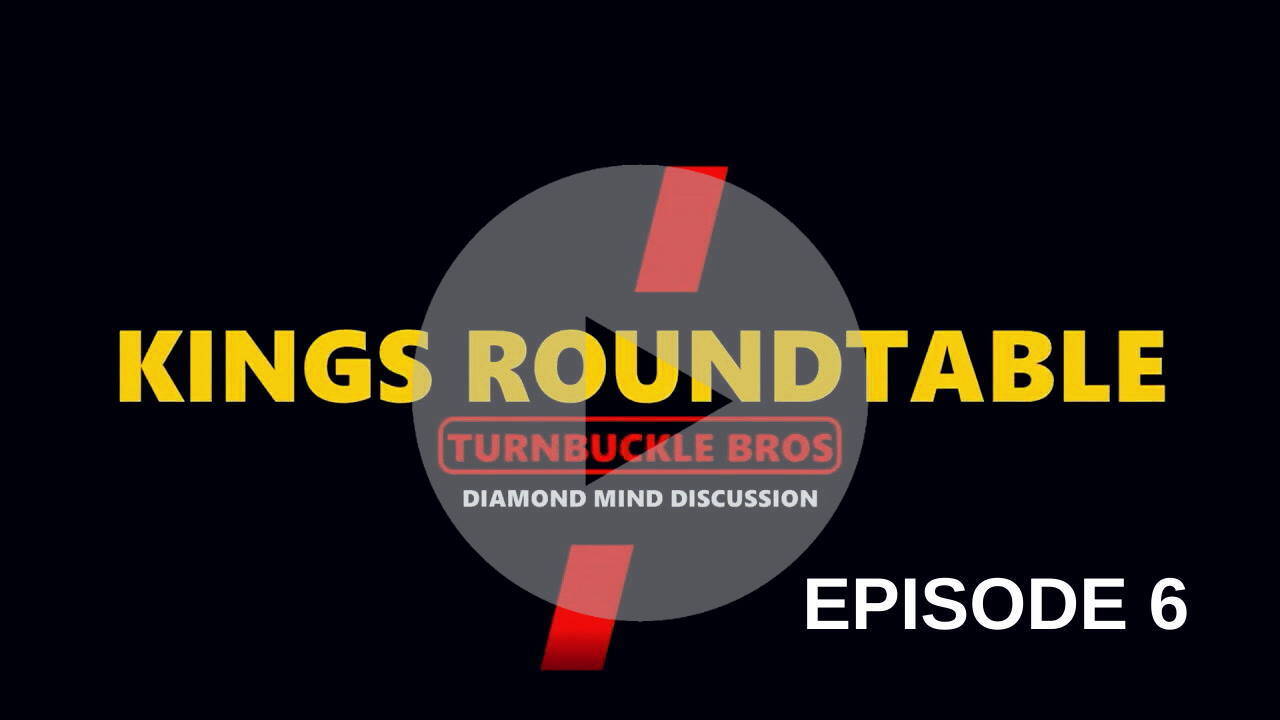
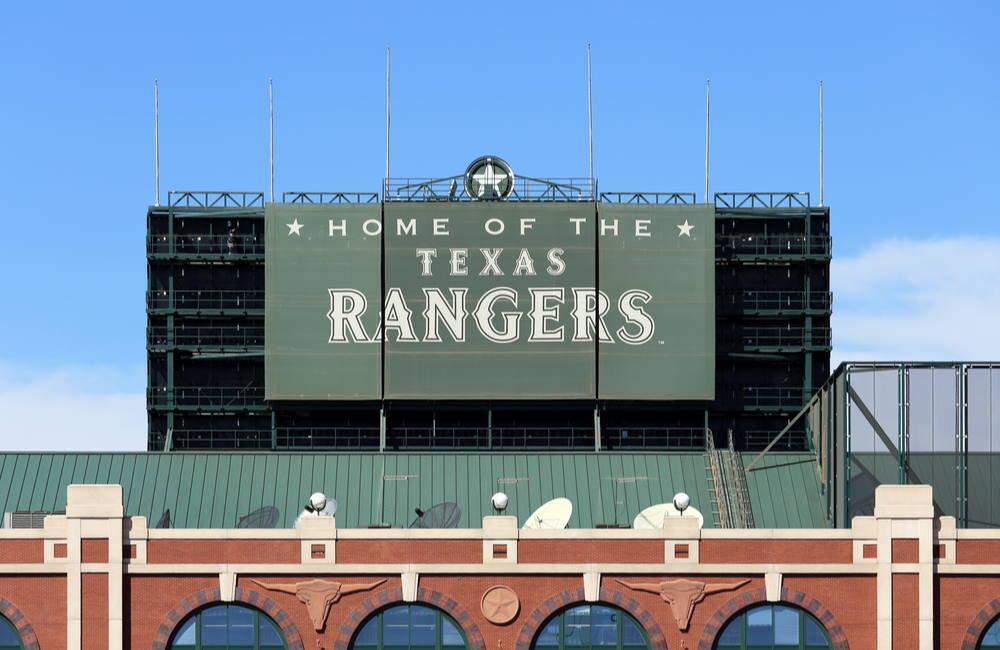
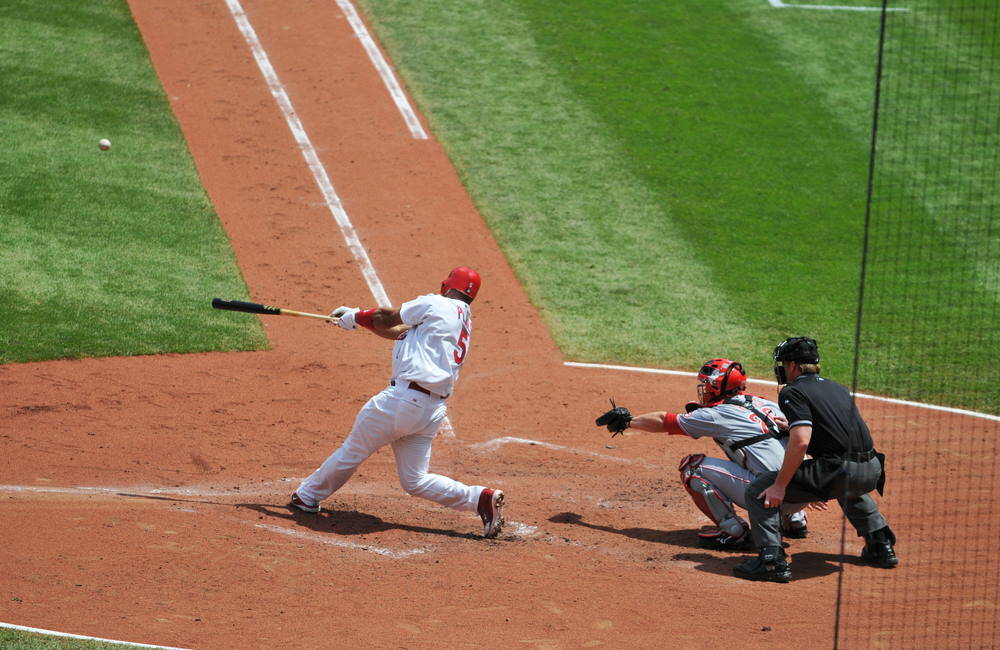

Leave A Comment